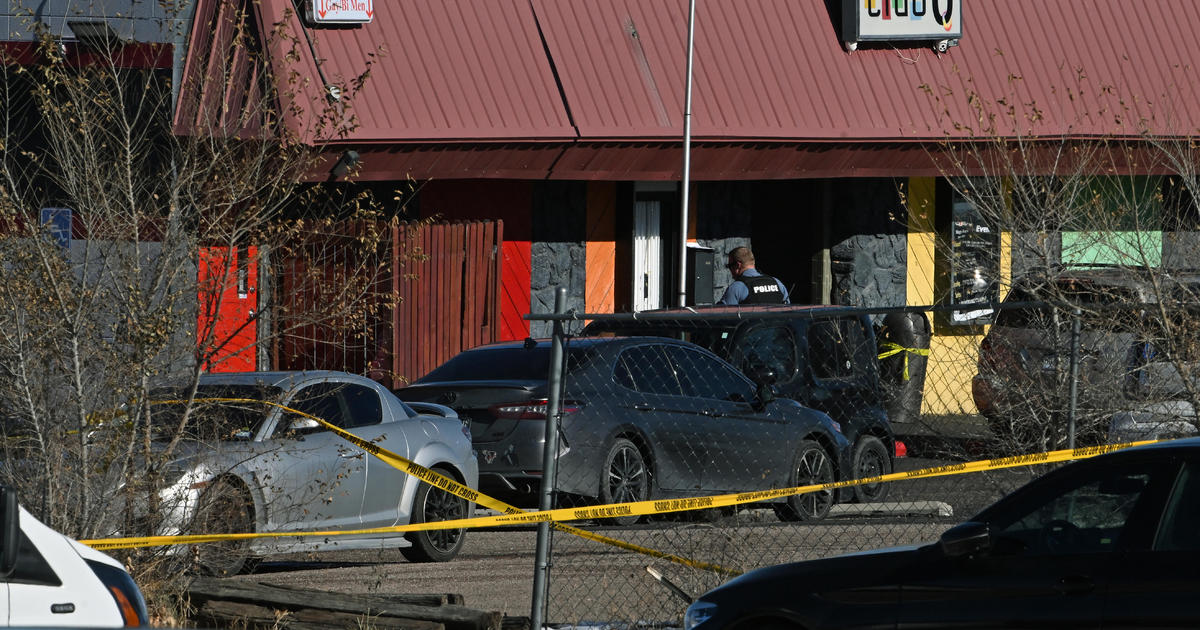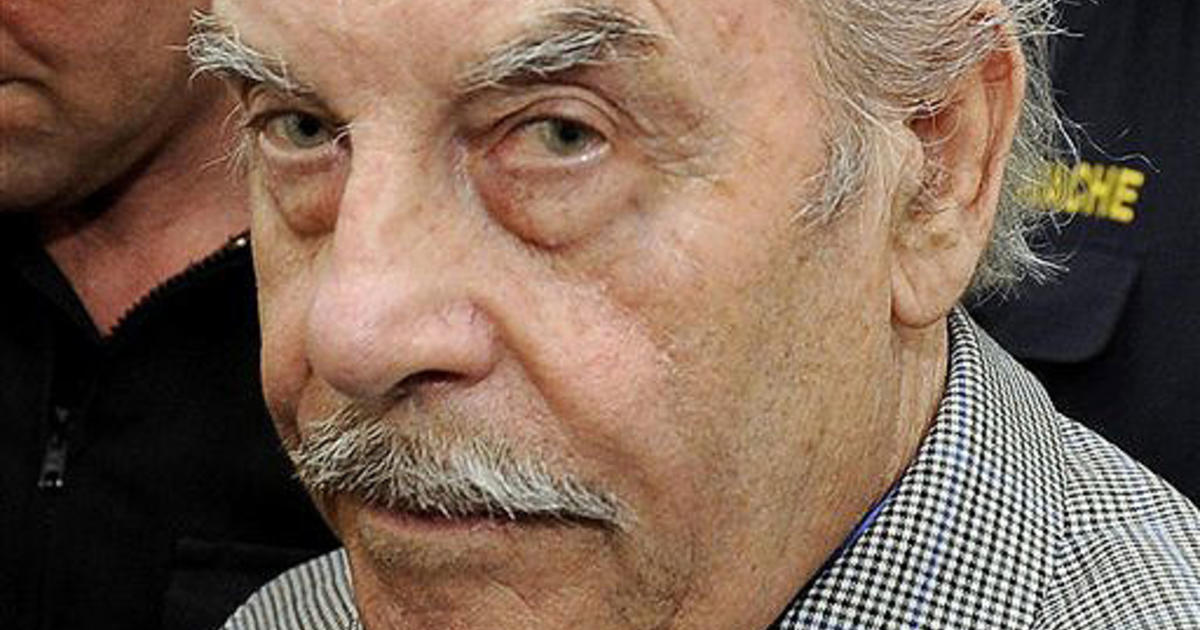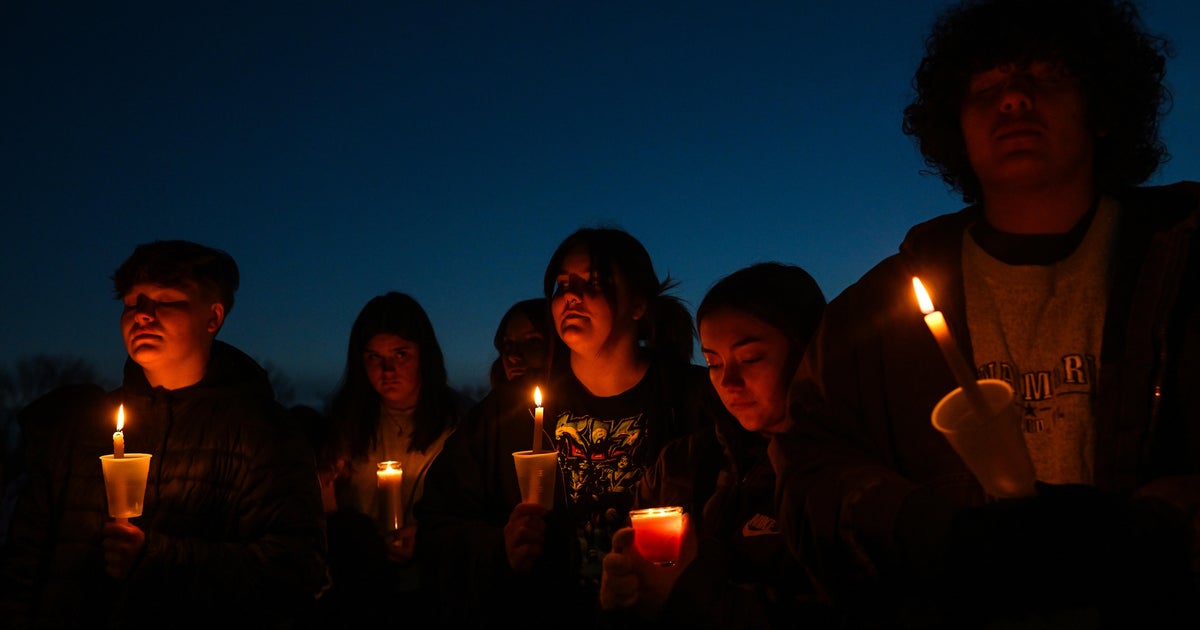Gunman who killed 11 people at Pittsburgh synagogue is found eligible for death penalty
The gunman who killed 11 people at a Pittsburgh synagogue in 2018 is eligible for the death penalty, a federal jury announced Thursday, setting the stage for further evidence and testimony on whether he should be sentenced to death or life in prison.
The government is seeking capital punishment for Robert Bowers, who raged against Jewish people online before storming the Tree of Life synagogue with an AR-15 rifle and other weapons in the nation's deadliest antisemitic attack. The jury agreed with prosecutors that Bowers — who spent six months planning the attack and has since expressed regret that he didn't kill more people — had formed the requisite legal intent to kill.
Bowers' lawyers argued that his ability to form intent was impaired by mental illness and a delusional belief that he could stop a genocide of white people by killing Jews.
Testimony is now expected to shift to the impact of Bowers' crimes on survivors and the victims' loved ones.
Bowers, 50, a truck driver from suburban Baldwin, killed members of three congregations who had gathered at the Tree of Life synagogue on Oct. 27, 2018. He also wounded two worshippers and five police officers.
Bowers was convicted last month on 63 criminal counts, including hate crimes resulting in death and obstruction of the free exercise of religion resulting in death. His attorneys offered a guilty plea in return for a life sentence, but prosecutors refused, opting instead to take the case to trial and pursue the death penalty. Most of the victims' families supported that decision.
If jurors decide Bowers deserves to die, it would be the first federal death sentence imposed during Joe Biden's presidency. Biden campaigned on a pledge to end capital punishment, but federal prosecutors continue to pursue the death penalty in some cases.
The penalty phase of Bowers' trial began June 26. Jurors heard weeks of technical testimony about Bowers' psychological and neurological states, with mental health experts for both sides disagreeing on whether he has schizophrenia, delusions or brain disorders that played a role in the rampage.
Bowers ranted incessantly on social media about his hatred of Jewish people before the 2018 attack and told police at the scene that "all these Jews need to die." He told psychologists who examined him afterward, including as recently as May, that he was pleased with the attack.
The sentencing now shifts to a more emotional stage, with jurors expected to hear about the pain and trauma Bowers inflicted on worshippers in the heart of Pittsburgh's Jewish community.
The prosecution will also present evidence about other aggravating factors — including that the victims were elderly and Bowers' rampage was motivated by religious hatred — while the defense will present mitigating factors that might persuade jurors to spare his life. The defense case could include pleas from his relatives.
To put him on death row, jurors will have to agree unanimously that the aggravating factors outweigh the mitigating ones.
In final arguments Wednesday, prosecution and defense lawyers took turns attacking the findings of the others' expert witnesses - doctors who testified about Bowers' mental condition and whether he could form the intent to commit the attack.
Prosecutor Soo Song said Bowers meticulously plotted the attack over a period of months.
"On Oct. 27, 2018, this defendant violated the safe, holy sanctuary that was the Tree of Life synagogue," she said. "He turned it into a killing ground."
But Bowers' defense lawyer, Michael Burt, cited expert witnesses to bolster the claim that a "delusional belief system took over his thinking," which left him unable to do anything but "following the dictates" of those delusional thoughts.
Burt argued that Bowers' ability to form intent was impaired by schizophrenia, epilepsy and a delusional belief that he could stop a genocide of white people by killing Jews who help immigrants.
Even years after the attack, facing capital murder charges, Bowers still "can't restrain himself about these delusions he has about the country being invaded, that he's a soldier at war," Burt said.
Song denounced the idea that Bowers lacked control of his actions. She noted that Bowers told one of the defense's own expert medical witnesses that he meticulously planned the attack, considered other potential Jewish targets, and "regrets that he didn't kill dozens more." Song said Bowers described himself as calm and focused as he shot to kill.
And U.S. Attorney Eric Olshan added that Bowers wasn't delusional, he "just believes things that are repugnant."
The Tree of Life congregation in Squirrel Hill held a ceremony in Aprl to take a moment to reflect and remember ahead of future renovations and the upcoming trial, CBS Pittsburgh reports. The site will soon become a complex that memorializes those murdered and educates people about antisemitism.
Antisemitic incidents rose 36% nationwide in 2022, with 3,697 instances of assault, harassment or vandalism tallied by the Anti-Defamation League, marking the highest number on record since the group began its annual audit in 1979.
If you or someone you know is experiencing mental health effects from the trial, go to 1027healingpartnership.org to find help resources.
for more features.




